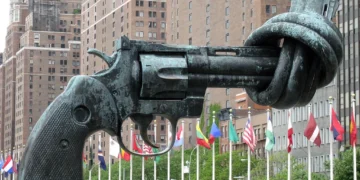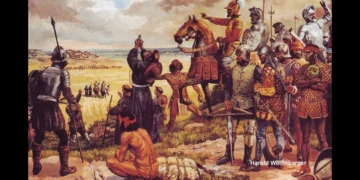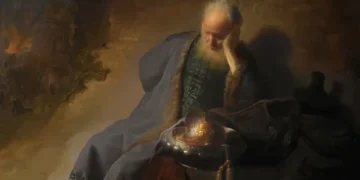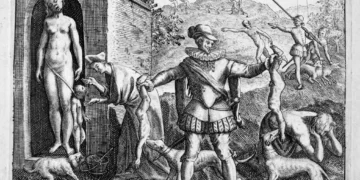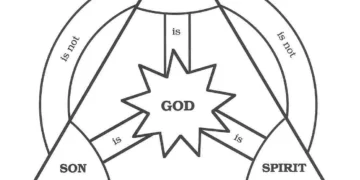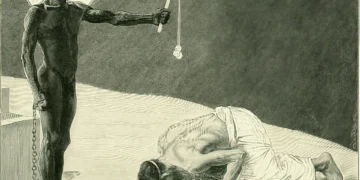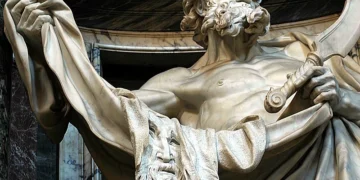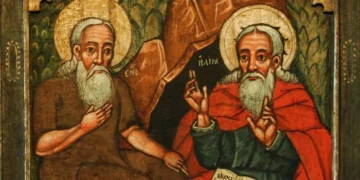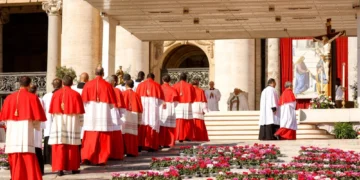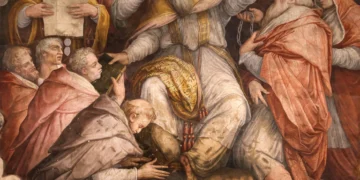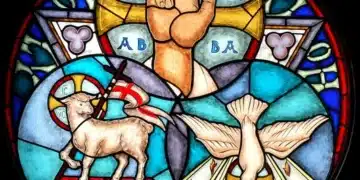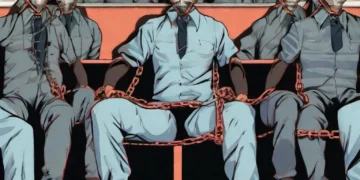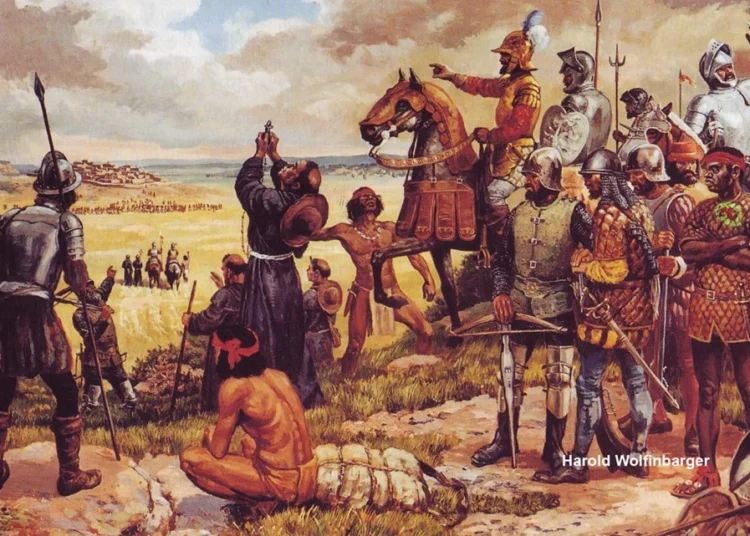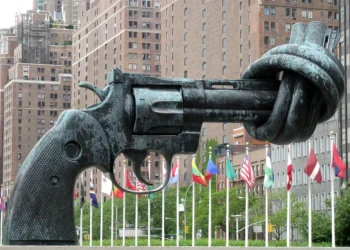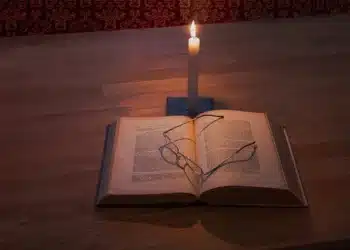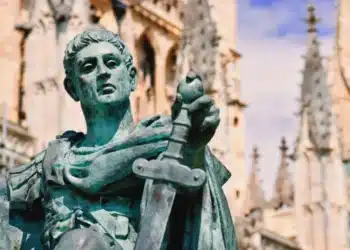Close your eyes and imagine a serene and ancient village nestled amidst the rich tapestry of Spanish landscapes. Children play in the cobblestone streets where centuries-old legends of bravery and heroism once resonated. However, lurking beneath the idyllic facade lies a dark secret – the legacy of the conquistadors, Spain’s adventurers, whose actions have left scars on both indigenous cultures and the soul of Spain itself.
The legacy of the conquistadors is deeply intertwined with the history of Spain, solidifying a troubling heritage that demands our unyielding examination. Born out of the ambitions for riches and power, these explorers laid waste to entire civilizations, leaving a trail of suffering, destruction, and cultural erasure in their wake. To truly understand this complex legacy, we must unravel the stories embedded within it.
The Conquistadors Atrocious Legacy
One key aspect we must delve into is the brutal subjugation of indigenous peoples, whose lives and civilizations were irrevocably altered or completely destroyed. From the Mayans in Central America to the Aztecs in Mexico, the conquistadors unleashed a torrent of violence, imposing their culture and religion onto natives while stripping them of their own. The tragedies committed in the name of expansionist ambitions must be acknowledged, memorialized, and learned from, as they shape the collective consciousness of Spain’s present and future.
The plundering of natural resources is another facet of the conquistadors’ legacy that we must confront. Driven by insatiable greed, they ravaged lands, stripping them of precious metals, wreaking ecological havoc, and leaving entire regions impoverished. This exploitation continues to reverberate today as we come to terms with the environmental degradation that plagues our planet. It is crucial to recognize the plundering mindset embedded in Spain’s colonial history, as it is intrinsically intertwined with the global struggle to achieve a sustainable future.
Lessons To Learn for a Better Society
Furthermore, it is disheartening to observe how the descendants of the conquerors are still bestowed with unmerited privilege and elevated status within Spanish society. The conquerors’ names plastered on streets and institutions, their towering statues cast long shadows, perpetuating a distorted narrative of heroism and admiration. By remaining complacent in our acceptance of these symbols, we inadvertently become complicit in perpetuating a culture that disregards the immense suffering endured under their rule. It is high time we cast a critical gaze upon our streets and town squares, and demand a reevaluation of our commemorations.
The exploration of Spain’s conquistador heritage is not a mere intellectual exercise; it is a moral imperative. We must confront the past head-on, not for the sake of assigning blame or guilt, but to understand the root causes of our current societal challenges. By acknowledging the atrocities committed in the name of exploration, we foster an environment conducive to healing and reconciliation. This journey of self-discovery unveils the essential lessons that history imparts and provides us with the tools to build a more inclusive, empathetic, and just society.
Knowledge and Compassion
As we untangle the multifaceted legacy of Spain’s conquistadors, we must not shy away from the discomfort it brings. Within that discomfort lies the potential for growth and progress, for a collective reckoning with the true extent of the damage inflicted upon indigenous communities and the Spanish nation itself. By doing so, we take the first step towards creating a legacy that celebrates diversity, champions equality, and respects all cultures with the reverence they deserve. Only then can we truly move forward, armed with the knowledge and compassion necessary to shape a brighter future for all.
